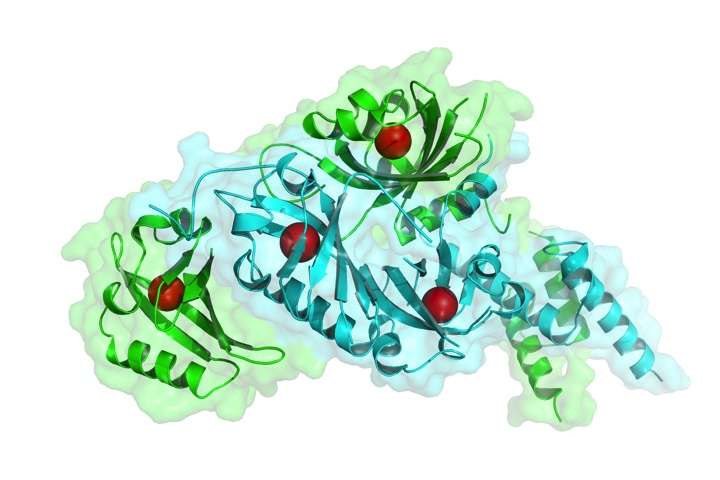 Kennedy said it was too early to predict when a drug might reach the market if the next step is successful. “We are eagerly awaiting the results of the phase three clinical trials,” he said. “It is premature to speculate on availability.”
Kennedy said it was too early to predict when a drug might reach the market if the next step is successful. “We are eagerly awaiting the results of the phase three clinical trials,” he said. “It is premature to speculate on availability.”
In the trial, published in the journal Science Translational Medicine on Wednesday, 32 patients with early stage Alzheimer’s disease were given the drug, called verubecestat, daily for seven days. Healthy volunteers were also given the drug for up to two weeks.
This was not long enough to show visible changes to the accumulation of plaques in the brain, by MRI scans for instance. However, samples taken from the fluid surrounding the brain showed the drug had reduced the levels of two compounds that are known to be the building blocks for abnormal amyloid proteins.
Hardy said that the changes to the biomarkers convince him that the drug is successfully targeting the buildup of plaques in the brain. The real remaining uncertainty, he said, was whether this would convert into cognitive benefits for patients.
“What we have to be worried about is that the plaques have set off other pathologies – that it is too late,” he said.
The drug works by blocking a brain enzyme called BACE1, which fuels the production of two small molecules that link together to form amyloids. Mutations in genes related to BACE1 have been found in people who appear to be protected against Alzheimer’s disease.
There have been previous attempts to develop drugs that inhibit BACE1, but these have mostly failed due to unacceptable side-effects, such as liver toxicity and eye problems.
The Merck drug appears to have very few side-effects and it will be the first of its kind to make it into a large efficacy trial. The company is running two phase three trials, in 1,500 patients with mild to moderate Alzheimer’s and in another 2,000 patients in the earliest stage of the disease. The results of the first of these are due to be reported in July 2017.
There are 850,000 people with dementia in Britain, and this figure is expected to reach one million by 2025. Alzheimer’s is the most common form of the condition.
Rosa Sancho, head of research at Alzheimer’s Research UK, welcomed the findings, adding that the Merck drug is one of several that are heading into the final stages of clinical testing. “There is a wave of potential new treatments currently being tested for dementia, with the results of these studies hotly anticipated over the course of the coming months and years,” she said.
Competing drugs include one developed by the biotech firm Biogen, which reported promising results in August and which also targets the plaques. The Biogen drug aims to sweep the proteins away once they appear rather than halting the production of proteins in the first place, however.
“With us, it’s a question of switching off the tap. With them it’s mopping up the water,” said Ian McConnell, a spokesman for Merck.
Hardy suggested that Merck’s drug is likely to be far cheaper and easier to produce than the Biogen therapy, which involves injecting patients with antibodies.
[“source-ndtv”]

